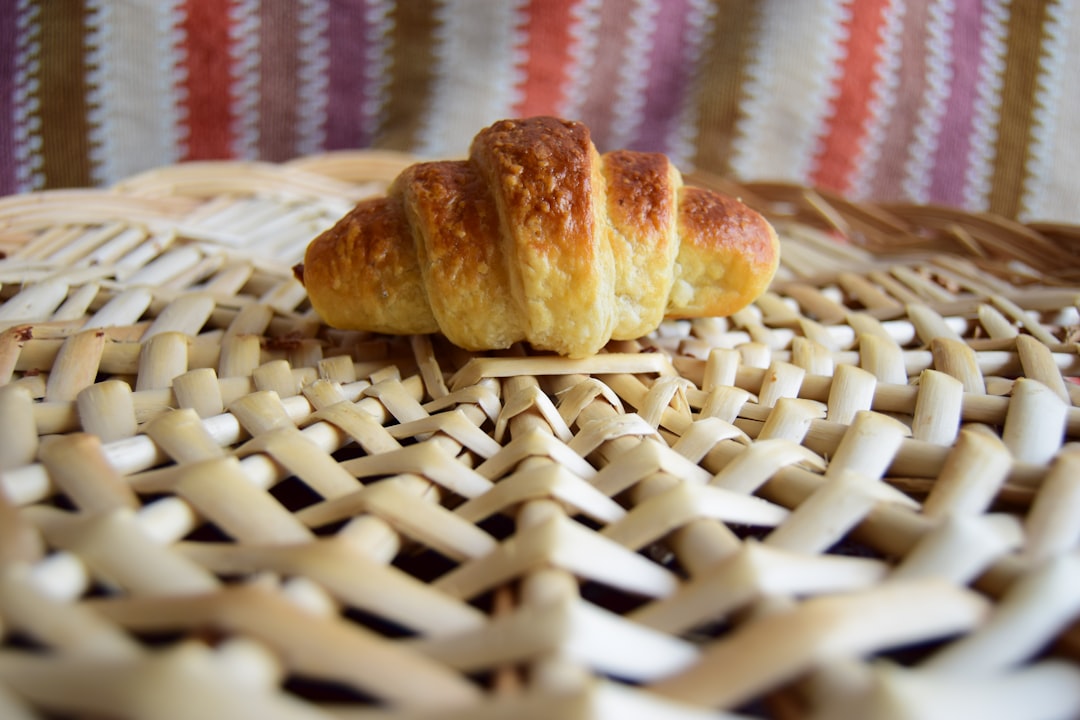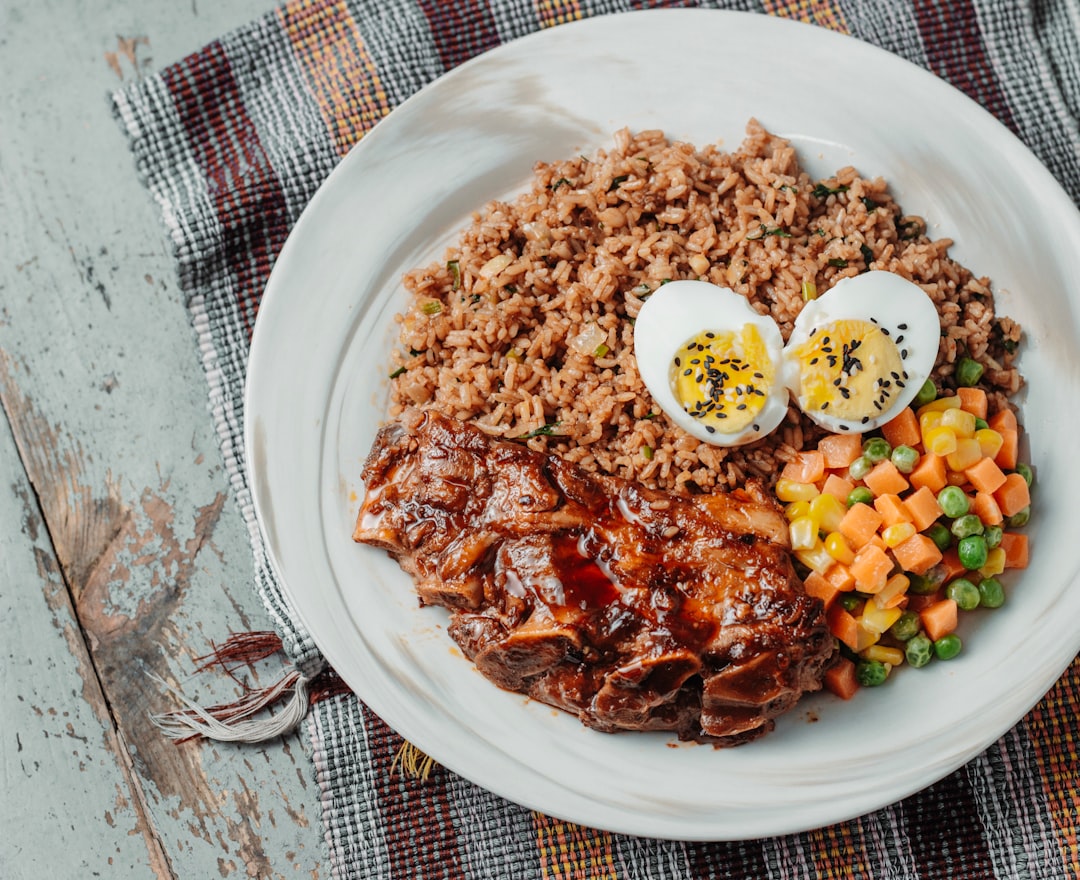When you go on a diet you are often told to forget about cutting calories, or to concentrate on “low-fat” and “low-carb” foods. Actually, a diet isn’t just a matter of eating foods. They have a quality, a factor you can control and, therefore, can help you also lose weight.
A product of nature is always glucose. All of your tissues, even your skin, are dependent on glucose for supply. When glucose is reduced, reaching equilibrium is assaulted. Your body functions become disrupt, especially the metabolism of fat.

Carbohydrates are chains of sugar molecules, made of two or more glucose molecules linked together. These chains can be simple (from natural sources) or complex (found in plants).
There are several types of these carbohydrate chains, also called monosaccharides (“simple” carbohydrates) or polysaccharides (“complex carbohydrates”). They provide energy and are thought to be utilized by the body during physical activity.
Dietary fat is an example of a macronutrient, its function is to support life. During the same period of life, the body tends to consume more than its daily energy requirements, because it can take up to 60% of the total energy from food. The estimates are that 60% of calories may be eaten from fat.
The dietary fat is kept in storage throughout the body’s structures to help meet immediate needs like warmth,assimilation by the body and lubrication of joints. The most obvious source of fat is fat in foods like meat, dairy products and eggs, and in storage fluids secreted by the body like subcutaneous fat.
Calories
The potent enemy of your weight loss is calories, which make up the balance of fat in your body. The “unused” or conventional calories are stored to use them as the next time you need energy but your metabolism is designed so that the energy in your body remains unused. Why should you listen to a dietitian? It is wise for you to review your medical history to decide what will work for you.
Nutritional facts
Counting calories properly is the only way you can be in charge of your diet plan. With your diet you count calories throughout the day and provide it with essential fats, vitamins and carbohydrates that are missing from your daily diet.
Your body needs some amount of fats, because fats are the Yolk.In fact you do need fat to absorb the nutrients.Fats also make the cell membranes, respiration parts and much more in your body. Fat is also used to cover the internal organs with which you are infusing.Your body has limited ability to convert fats into energy. The division of fat into a “fat” and a “fat” is controlled by your genes. The response of these cells to the intake of “fat time” is different if they are sourced of fat in the form of their natural sources. When you are using the “fat time” your body needs only up to 2.5 lb (0.5kg) per week.
The excess of fat in the body is stored. This is to ensure the energy in hard times.
The body needs more than 100 calories to be burnt to sustain a pound (0.5kg) of stored body fat.In the daily life, you use only about 2 to 3 calories for every pound (0.5kg) of fat either eaten or stored within the body.
In addition to the above, you burn an additional 60 to 70 calories in a day in physical activities.
If you want to lose weight, don’t restrict your calorie intake., you should concentrate primarily on improving the quality of what you eat and how much you eat daily.


